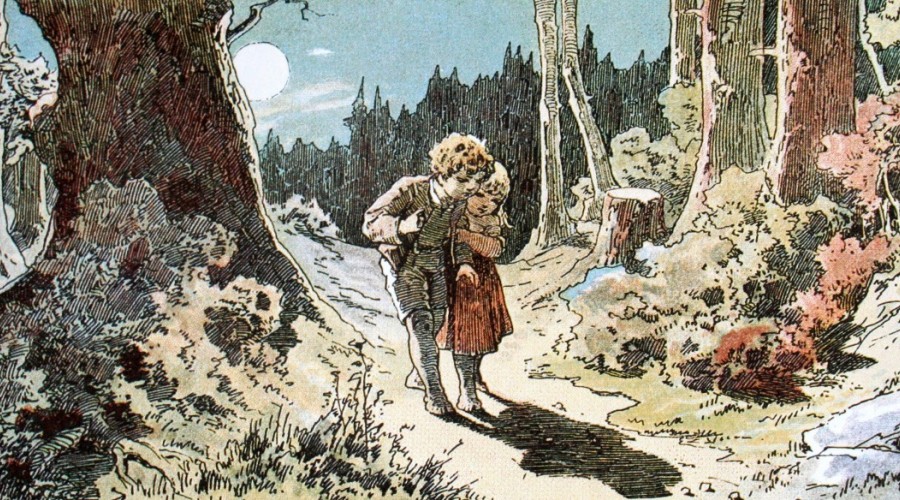-
Generation AI Coda
This instalment, “Coda: A Political Question of the First Order,” concludes the three-part article series, “Generation AI: The Other Environmental Crisis.” It invites us to step, individually and in community, into our creative, ethical, and political power for the active shaping of AI in the present—for our common future. -

Generation AI Part 3
This article is the third instalment in a three-part series, “Generation AI: The Other Environmental Crisis,” exploring the social cultural, neurobiological, and relational impact of AI—the other environmental crisis affecting humans today. Part 3, “I have Studied Language, Behold How Humane I am,” analyzes the relational aspect of AI use and abuse as it meets with the human need for connection and communication—the backdrop against which humans are being evaluated on a coevolutionary path with AI. -

Generation AI Part 2
This article is the second instalment in a three-part series, Generation AI: The Other Environmental Crisis, exploring the sociocultural, neurobiological, and relational impact of AI—the other environmental crisis affecting human today. Part 2, “Redefining Success,” examines how the neurobiological effects of AI are changing definitions of AI success, and shaping its development and deployment. -

Generation AI Part 1
This 3-part article series explores the sociocultural, neurobiological, and relational impact of AI—the other environmental crisis affecting humans today. PART 1, “Saving Celeste,” examines the social and cultural pressures represented by the Google x Douglas Coupland project, “Slogans for the Class of 2030.” -

Marshall McLuhan and Cultural Studies
Media scholar Marshall McLuhan was one of the most famous Canadians of the twentieth century. Despite the fact that he was responsible for media becoming the subject of study that it is today, scholars working in the field of Cultural Studies have yet to acknowledge McLuhan’s ideas as being useful to their research. Meanwhile, Raymond Williams along with Richard Hogarth and E.P. Thompson are considered the founding fathers of Cultural Studies. With the arrival of the Internet in the 1990s, McLuhan’s theories on the nature of media were no longer ignored by academics, and they experienced a strong resurgence within the field of Media and Communication Studies and pop culture alike. -

Why Study English? Language, Literature, and Digital Economies
English studies has many benefits, but reading in a digital age requires different approaches to build the bridges that were once commonplace in the world of learning. -

Psychology, Enchantment, and the Fairy Tale
The social science of psychology, which developed fairly quickly in the early twentieth century, retrieves the fairy tale as an object of study in order to peer with greater depth into the human psyche.

